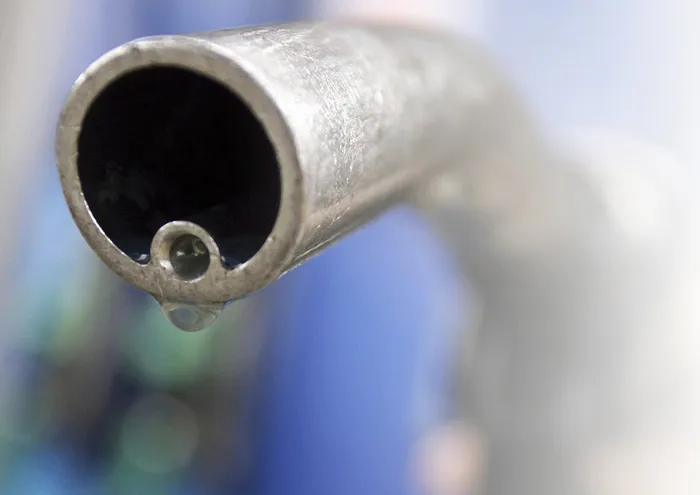Liquid fuels shake-up in the works

A motorist holds a fuel pump at a Gulf petrol station in London in this April 18, 2006 file photo. Oil dropped nearly 2 percent on March 20, 2012 as Saudi Arabia sought to knock back crude's price rise that has threatened the global economy, with the oil minister offering the most detailed argument to date that the OPEC nation was prepared to meet any supply shortfall. REUTERS/Luke MacGregor/Files (BRITAIN - Tags: BUSINESS ENERGY COMMODITIES) A motorist holds a fuel pump at a Gulf petrol station in London in this April 18, 2006 file photo. Oil dropped nearly 2 percent on March 20, 2012 as Saudi Arabia sought to knock back crude's price rise that has threatened the global economy, with the oil minister offering the most detailed argument to date that the OPEC nation was prepared to meet any supply shortfall. REUTERS/Luke MacGregor/Files (BRITAIN - Tags: BUSINESS ENERGY COMMODITIES)
Johannesburg - The structure of the shake-up of the downstream liquid fuels sector in South Africa is expected to be clearer on Friday when Energy Minister Ben Martins issues new regulations affecting the margins for the wholesale, storage, handling and distribution legs.
While oil industry sources were concerned at the weekend that the determination of the wholesale price of diesel would have a negative impact on their bottom lines, the official opposition said it was concerned that the state would impose a freeze on prices. The DA did welcome attempts at reducing the cost to the consumer.
Energy Department deputy director-general Tseliso Maqubela confirmed that Martins would be releasing the regulatory accounting system which in the Government Gazette on Friday. He took pains to ameliorate concerns that industry players would have ahead of the announcement – but said he could not “pre-empt” it.
DA energy spokesman Lance Greyling said he was not aware of the detail of the regulations although he welcomed the intention of the Energy Department to reduce prices, in particular, of diesel, which, unlike petrol, was deregulated at a retail level. By reducing or freezing the wholesale price, it is envisaged that the retail sector would benefit.
The regulations are expected to include black economic empowerment incentives and rules applying to the various liquid fuel value chain legs.
Maqubela said: “We are implementing the final phase of the regulatory accounting system. All that we are going to do is make some changes in terms of how investments are rewarded in the various sectors.
“What has been happening is that certain sections of the value chain have been lumped together. The retailers were feeling they were not getting the margins due to them.”
Although he did not spell it out, this was caused by the apparently favourable margin enjoyed by the wholesalers – the large oil companies. He said “people would be jumping the gun if they perceive [ahead of the announcement] there will be unintended consequences”.
The regulatory accounting system, known as Task 141, began to be phased in in December 2011. Engineering News reported that Task 141 served as “a margin determination” model to compensate for all operational activities and assets across the value chain, excluding refining, but including storage, handling, distribution, wholesaling and retailing.
KPMG consulting director Christo Roux told Engineering News that under current regulations a 15 percent return on assets went to multinationals. The thinking behind the new regulations was moving that percentage of return of assets to the owner of the assets, it was explained.
Greyling said problems had emerged in the gas sector when the energy department froze the retail margin about 18 months ago. He said the government did not have a great track record in terms of regulating prices and freezing margins. “There is always the risk this could lead to shortages, as it did for gas.”
Regulating the wholesale margin on diesel could have an effect on the margins of big oil companies. He pointed out that the refiners could decide to reduce supply.
“That would be my one big worry [if there was a freeze]. Whenever you squeeze the margins you could end up with shortages. I hope they [the Energy Department) have studied the implications of freezing or changing the retail margin in any way.”
Anything that reduced the fuel price, including diesel, would be welcome, but it should not be done in any way that would endanger the security of supply, he said. - Business Report